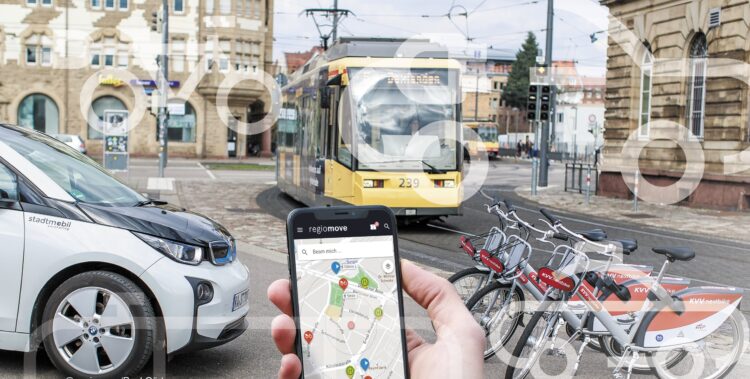
Driving or scooting towards shared mobility: what’s in it for urban dwellers?
On 30.11.2021 by Konstantin Krauss“I am dependent on my car!” is a statement widely heard in discussions about passenger transport in Germany. But: are you? Or are there some new options out there that could help you get around? Let us find out what these new options are, what they can do for your mobility, and what they can do to reduce our carbon footprint. Read More

Wasserstoff wäre ein Rückschritt
On 25.11.2021 by Anthony PattUm die Erderwärmung einzudämmen muss die Welt bis Mitte Jahrhundert aus der fossilen Energie aussteigen. Wir bewegen uns nun in die richtige Richtung. Nahezu alle neuen Investitionen im Energiesektor fliessen in erneuerbare Energiequellen. Batteriebetriebene Elektrofahrzeuge (BEV) werden immer beliebter. Und die meisten neuen Gebäude heizen nicht fossil. Klar gibt es Hürden. Das alles muss schneller gehen, und es braucht eine konsequentere Klimapolitik. Was den Wandel aus meiner Sicht jedoch am stärksten gefährdet, kommt heute als Teil der Lösung «getarnt» daher: Wasserstoff. Read More

Hydrogen won’t help the energy transition
On 25.11.2021 by Anthony PattTo save the climate, the world needs to stop using fossil fuels by mid-century. We are finally headed in the right direction. Nearly all new power-sector investment is going into renewable energy sources. Battery electric vehicles (BEVs) are becoming popular. Most new buildings are being built with non-fossil heating systems. The pace of change needs to accelerate, and stronger climate policies are required. Yet one of the most serious threats to all of this is currently masquerading as clean energy’s friend: hydrogen. Read More
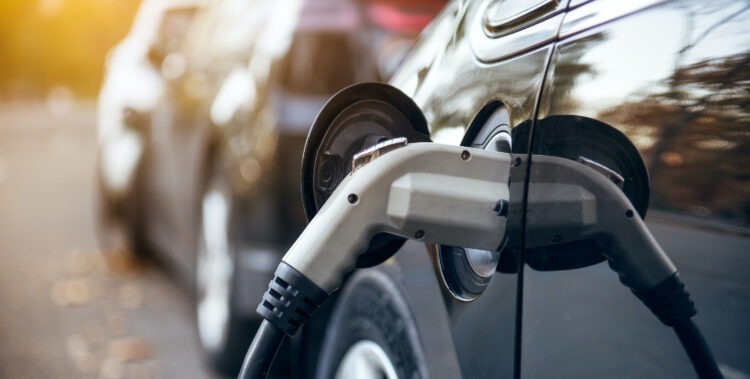
Vehicle-to-Grid (V2G) and car sharing: Joining forces to decarbonize electricity and transport?
On 25.01.2021 by Christine Johanna GschwendtnerHow can we couple future developments in the electricity and transport systems to support decarbonization? Combining Vehicle-to-Grid and car sharing could foster both innovations and achieve synergies in decarbonizing both sectors. Read More
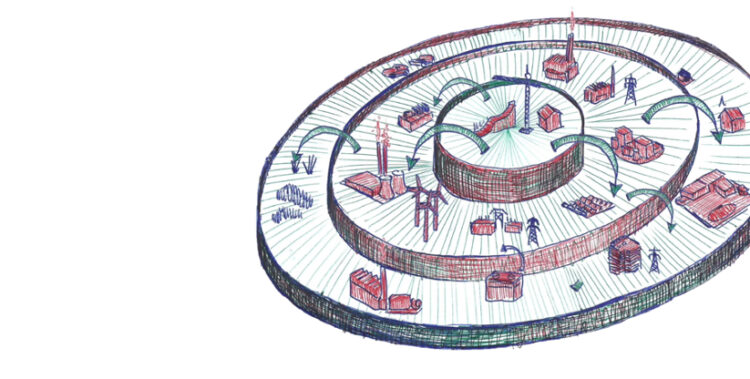
When computational models can evaluate the impact of policies objectively, why are they rarely used in public policymaking?
On 14.12.2020 by Marius SchwarzWhat should the future Swiss energy system look like? How can nuclear power be replaced? Will we have enough electricity on days where no sun is shining, no wind is blowing, and heating demand is high? Without clear answers, the discussion on the future Swiss energy system becomes bipartisan and emotional. Computational models can provide answers, facilitating a discussion less driven by subjective impressions but rather by profound technical analysis. Read More

Promoting adoption of electric motorcycles in Nepal: Challenges and Opportunities
On 17.11.2020 by Nilkanth KumarKathmandu’s stark air pollution and limited public transport infrastructure poses a challenge towards achieving sustainable and adequate transport. Motorcycles are the most sought after mode of private mobility in Nepal. Electric motorcycles appear to be a viable and promising solution, but several technological, market and behavioural factors hinder their higher adoption. Read More
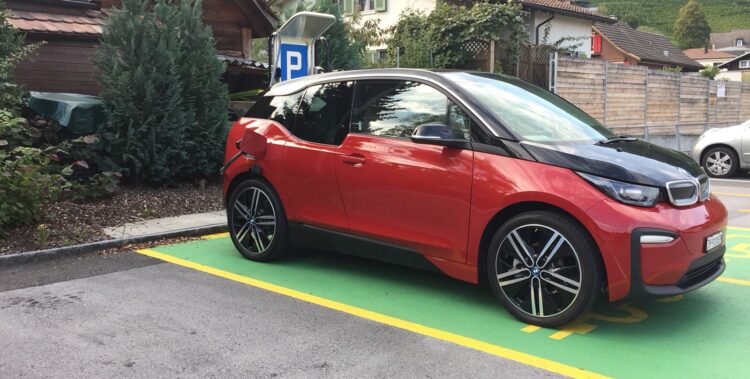
Beyond more Chargers for Electric Vehicles in Zurich
On 10.11.2020 by Gracia BrückmannThe conventional wisdom is that to increase battery electric vehicle (BEV) uptake, we need more charging points. However, when we spoke with citizens, car dealership representatives, representatives from car import companies, and local government about the challenges and opportunities for BEVs in Zurich, they mention different challenges, too, and present solutions to overcome them e.g., including BEVs in coherent sustainable transport systems and reducing political uncertainty. Read More
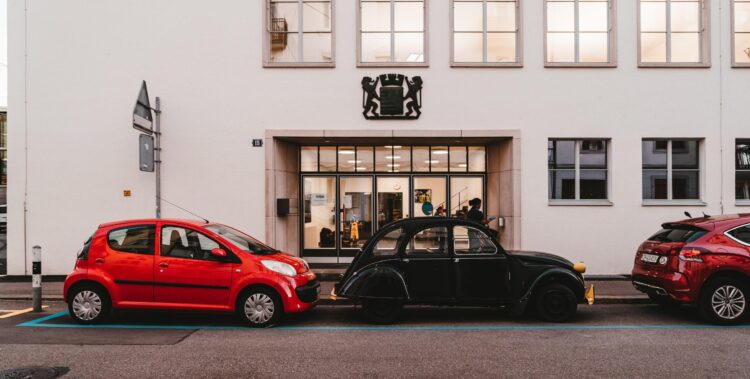
Charging Stations in Public Parking Spaces: Case Study from Zurich’s Blue Zones
On 16.09.2020 by Ahmad Al MugharbilAlthough electric mobility has established itself commercially, lack of convenient charging infrastructure remains one of the most substantial barriers for buying an electric vehicle, from a customer’s point of view. This is especially the case for people that park their vehicles in public parking zones. This case study from Zurich’s Blue Zones discusses the techno-economic considerations policymakers need to know about investing on public charging infrastructure. Read More
Archives
- June 2024
- May 2024
- April 2024
- January 2024
- December 2023
- October 2023
- August 2023
- July 2023
- June 2023
- May 2023
- April 2023
- March 2023
- February 2023
- December 2022
- November 2022
- October 2022
- September 2022
- July 2022
- May 2022
- April 2022
- March 2022
- February 2022
- January 2022
- December 2021
- November 2021
- October 2021
- July 2021
- June 2021
- May 2021
- April 2021
- March 2021
- February 2021
- January 2021
- December 2020
- November 2020
- October 2020
- September 2020
- July 2020
- June 2020
- May 2020
- April 2020
- February 2020
- January 2020
- December 2019
- November 2019
- October 2019
- September 2019
Calendar
| M | T | W | T | F | S | S |
|---|---|---|---|---|---|---|
| 1 | 2 | 3 | 4 | |||
| 5 | 6 | 7 | 8 | 9 | 10 | 11 |
| 12 | 13 | 14 | 15 | 16 | 17 | 18 |
| 19 | 20 | 21 | 22 | 23 | 24 | 25 |
| 26 | 27 | 28 | 29 | 30 | 31 | |
Categories
- Buildings
- Buildings
- Carbon Removal
- Carbon Removal
- Climate Change
- Climate Change
- Consumer Behavior
- Consumer Behavior
- Economics & Policy
- Electricity
- Electricity
- Energy Efficiency
- Energy Efficiency
- Energy Supply
- Energy Supply
- Heating
- Heating
- Industry decarbonization
- Mobility
- Renewable Energy
- Smart Energy
- Smart Energy
- Society
- Society
- Storage
- Transportation
- Transportation
- Uncategorized
